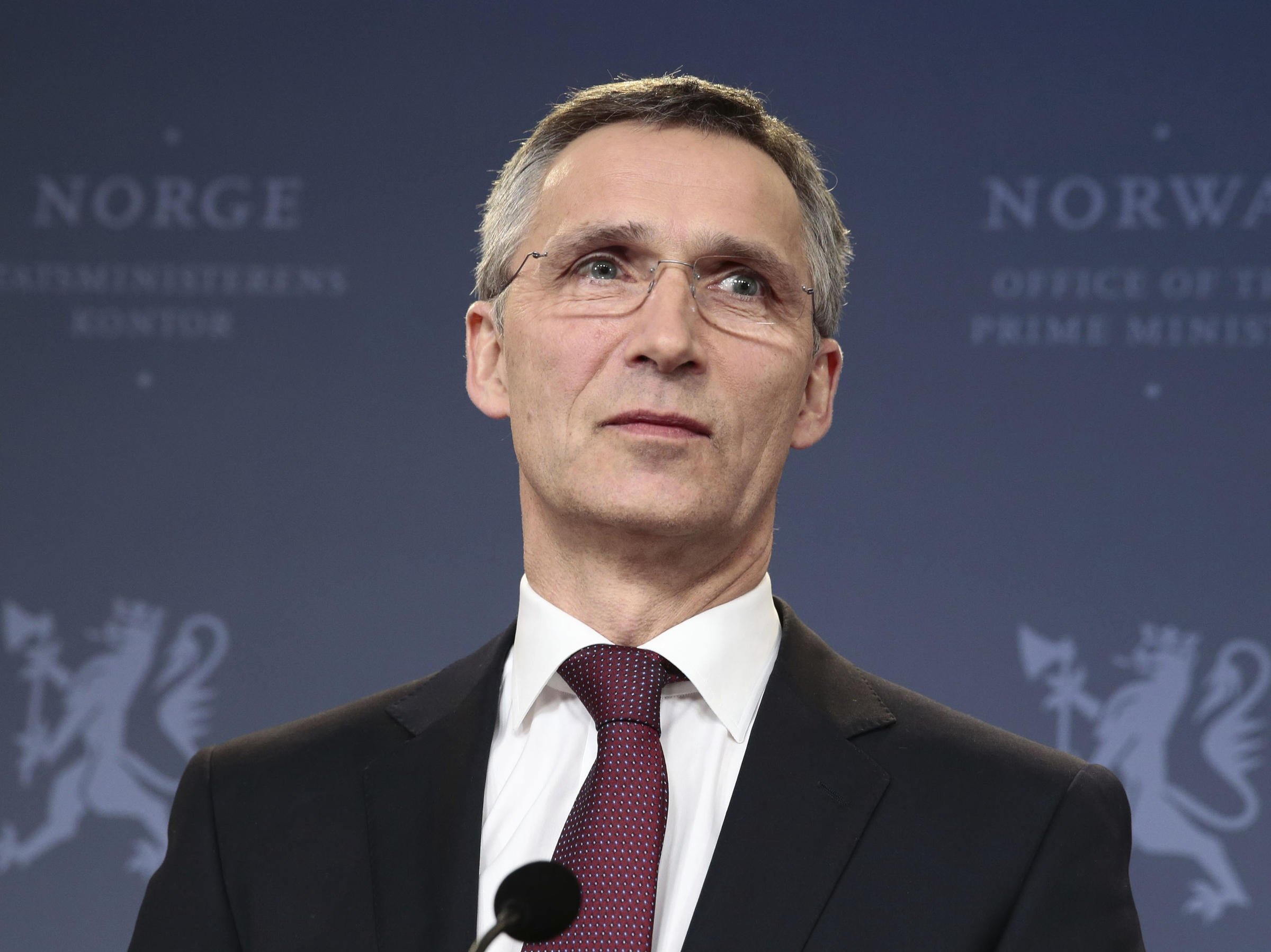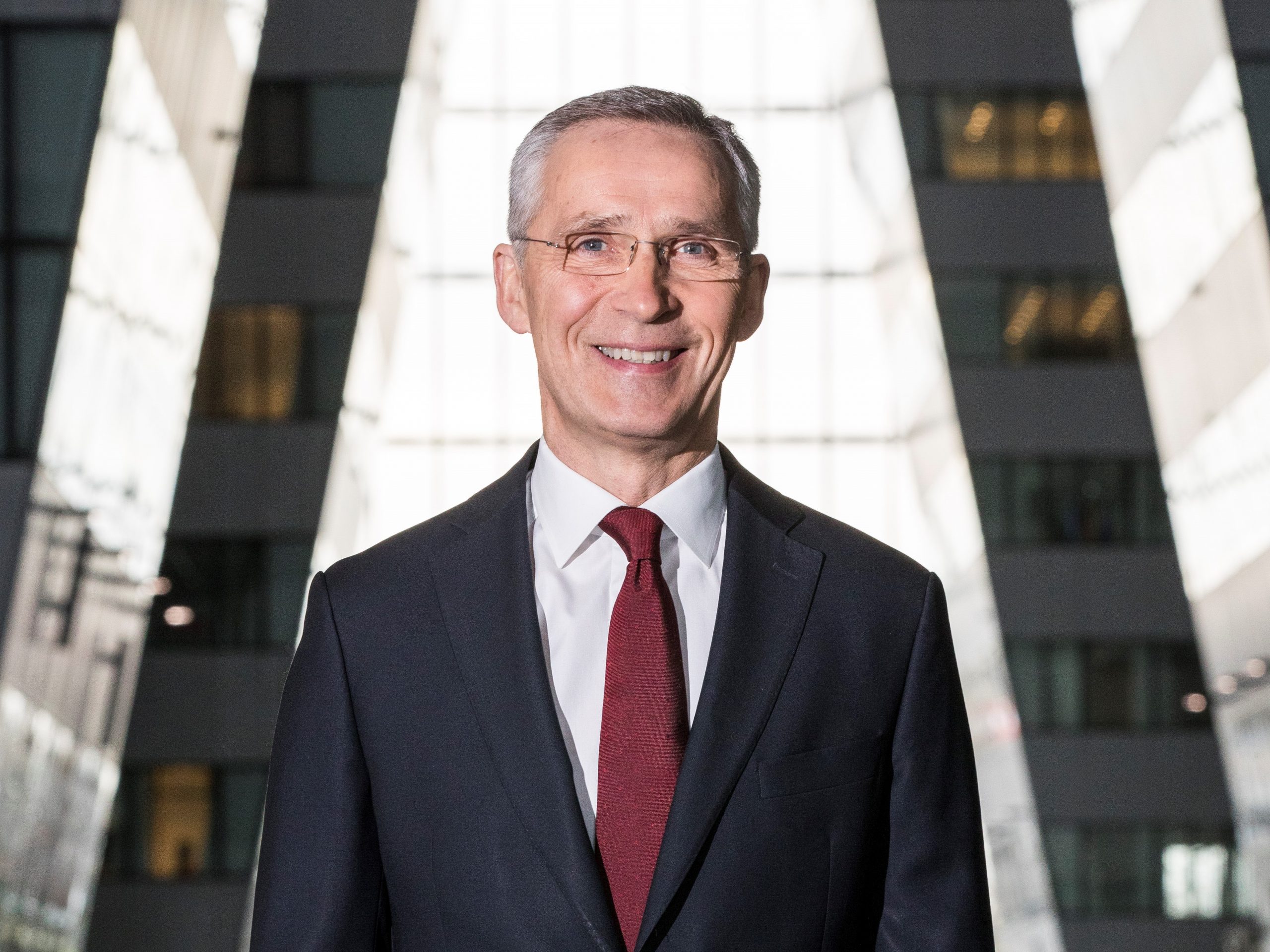NATO Leadership and Policies

Jens Stoltenberg has served as NATO Secretary-General since 2014. Under his leadership, the alliance has undergone significant changes in its strategic direction, policies, and initiatives. This content will delve into Stoltenberg’s role, the key policies implemented during his tenure, and the impact of his leadership on NATO’s strategic direction.
NATO Secretary General Jens Stoltenberg has expressed his gratitude for the strong support of the United States for the alliance. He particularly noted the leadership of Senator Marco Rubio , who has been a vocal advocate for NATO’s role in maintaining security and stability in Europe.
Stoltenberg emphasized the importance of transatlantic cooperation in addressing global challenges and expressed his confidence that NATO will continue to play a vital role in ensuring the security of its member states.
Stoltenberg’s Role as NATO Secretary-General
As Secretary-General, Stoltenberg is responsible for providing political leadership and guidance to NATO. He chairs the North Atlantic Council, the alliance’s principal decision-making body, and represents NATO in international fora. Stoltenberg has been instrumental in shaping NATO’s response to various challenges, including the annexation of Crimea by Russia, the rise of ISIS, and the ongoing conflict in Ukraine.
NATO Secretary-General Jens Stoltenberg’s recent comments on the need for increased defense spending by member states have sparked a wider discussion on the future of the alliance. As President Biden prepares for his upcoming ABC interview , it is likely that questions about NATO and its role in global security will be raised.
Stoltenberg’s insights on the evolving geopolitical landscape and the challenges facing the alliance will undoubtedly shape the conversation.
Key Policies and Initiatives, Jens stoltenberg
During Stoltenberg’s tenure, NATO has implemented several key policies and initiatives. These include:
- The Readiness Action Plan (RAP), which aims to enhance NATO’s ability to respond to emerging threats.
- The Enhanced Forward Presence (EFP), which involves the deployment of NATO forces to Eastern Europe.
- The NATO-EU Joint Declaration, which strengthens cooperation between the two organizations.
Impact of Stoltenberg’s Leadership
Stoltenberg’s leadership has had a significant impact on NATO’s strategic direction. Under his guidance, the alliance has become more agile, responsive, and capable of addressing the evolving security challenges of the 21st century. Stoltenberg’s emphasis on collective defense, deterrence, and dialogue has helped to maintain peace and stability in Europe.
International Diplomacy and Crisis Management: Jens Stoltenberg

As NATO Secretary-General, Jens Stoltenberg has played a significant role in international diplomacy and crisis management. His efforts have been instrumental in resolving conflicts and maintaining stability in Europe and beyond.
Stoltenberg’s approach to crisis management is based on dialogue, cooperation, and a strong commitment to collective security. He has emphasized the importance of finding diplomatic solutions to conflicts and has worked tirelessly to facilitate negotiations between warring parties.
The Ukraine Crisis
One of the most significant challenges Stoltenberg has faced during his tenure as NATO Secretary-General is the Ukraine crisis. Following Russia’s annexation of Crimea in 2014, Stoltenberg has been at the forefront of NATO’s response, leading efforts to strengthen the alliance’s presence in Eastern Europe and provide support to Ukraine.
Under Stoltenberg’s leadership, NATO has adopted a dual-track approach to the Ukraine crisis, combining deterrence and dialogue. The alliance has increased its military presence in the region, while also maintaining diplomatic channels with Russia.
Stoltenberg has also been a vocal critic of Russia’s actions in Ukraine, calling on Moscow to respect Ukraine’s sovereignty and territorial integrity.
Challenges and Successes
Stoltenberg’s leadership of NATO has not been without its challenges. The alliance has faced criticism for its handling of the Ukraine crisis, with some arguing that it has not done enough to support Ukraine or deter Russia.
However, Stoltenberg has also been praised for his diplomatic skills and his ability to maintain unity within NATO during a challenging period. Under his leadership, the alliance has remained strong and united, and has played a key role in maintaining stability in Europe.
Future of NATO and Global Security

Jens Stoltenberg envisions a NATO that remains the cornerstone of Euro-Atlantic security, adapting to new challenges and threats while maintaining its core values of democracy, freedom, and the rule of law. He emphasizes the importance of strengthening NATO’s political and military capabilities, enhancing its resilience, and deepening partnerships with other international organizations.
Challenges Facing NATO
- Evolving threats: NATO must adapt to new and emerging threats, including hybrid warfare, cyberattacks, and the rise of non-state actors.
- Geopolitical shifts: The changing global landscape, with the rise of China and the ongoing conflict in Ukraine, requires NATO to reassess its strategic priorities.
- Resource constraints: NATO members face budgetary pressures, which may limit their ability to invest in defense capabilities.
Opportunities for NATO
- Enhanced cooperation: NATO can strengthen its partnerships with other international organizations, such as the EU and the UN, to address common challenges.
- Technological advancements: NATO can leverage technological advancements to enhance its capabilities, such as in the areas of artificial intelligence and cyber defense.
- Expanded role: NATO can expand its role beyond traditional defense, such as in the areas of counter-terrorism and crisis management.
NATO’s Role in Global Security
NATO plays a vital role in maintaining global security and stability by:
- Deterring aggression: NATO’s collective defense commitment serves as a deterrent against potential adversaries.
- Crisis management: NATO has a proven track record in managing crises, such as the Kosovo conflict and the Libya intervention.
- Promoting stability: NATO’s presence in regions such as the Balkans and Afghanistan has helped to promote stability and prevent the spread of conflict.